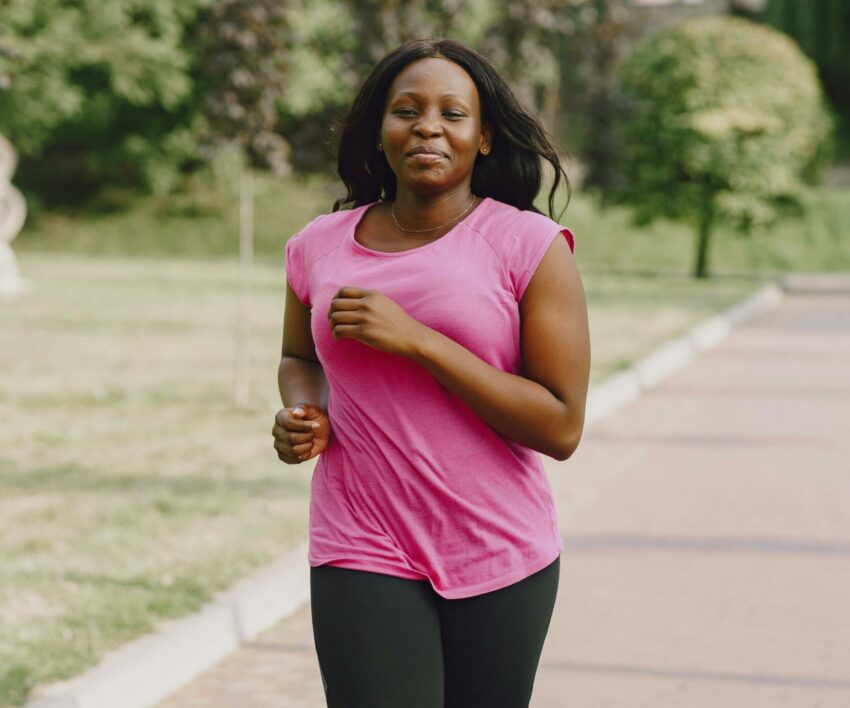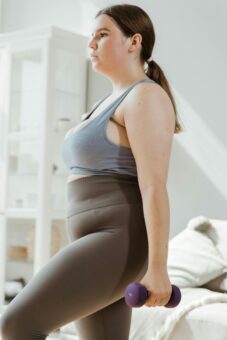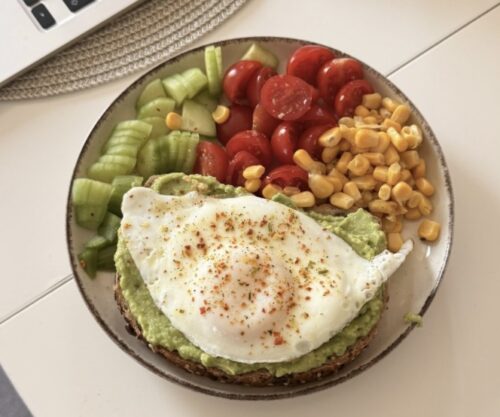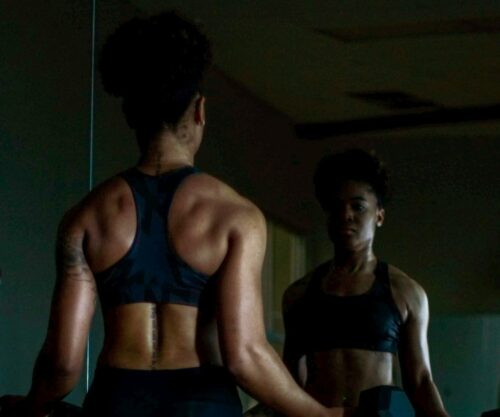
Expert Annie Deadman shares the best way to tell if your body is a healthy size and suggests ways to make simple changes.
“Heard the phrase ‘Body Mass Index’ (BMI), but not really sure what it means? It’s a measure that uses your height and weight to work out whether you’re a healthy weight. But it can cause a lot of confusion.
Now, let’s think about the word ‘weight’. Our weight incorporates all our organs, bones, blood, muscle and body fat. During strength-training sessions – whether that’s yoga or weightlifting – muscles get stronger and denser, and over time go from flabby to firm. We’re adding value to our body, but this also can add weight (not largeness).
Let’s say Jane has lots of muscle and minimal body fat. She may well have the same BMI as her mate Sandra, who has lots of body fat and little muscle tone. That’s because the BMI calculation is based on weight, not body composition.
Having lots of body fat (being obese) affects our health in many ways, including serious conditions, such as type 2 diabetes, high cholesterol and an increased risk of strokes. It also controls sexual function, our mood, mental health and social interactions.
It’s the amount of body fat you have that is a health hazard, not necessarily how heavy you are.

So, how do we measure our BMI?
If you google nhs/BMI, you will be presented with a simple calculator where you can key in your details. But, essentially, it’s this – your weight in kilograms divided by your height in metres squared.
I weigh 61 kg. I’m 1.6 m tall, which squared (multiplied by itself) is 2.56 m. So that’s 61 divided by 2.56 = 23.8.
According to the NHS chart, I’m a healthy weight, but hovering near the overweight category. That’s because it’s only taking into account what I weigh and not what that weight is made up of – which I like to think is healthy muscles, some good heavy bones and much less body fat than the calculation would have you believe.
To be fair, the website does state this: ‘BMI is just one way to measure health. It cannot tell you if you’re carrying too much fat, or if you’ve got lots of muscle.’ And that is exactly right. I mean, it’s fairly obvious if someone has too much body fat, isn’t it? So if Sandra were to visit her GP about a health issue, it’s possible that the topic of BMI would crop up. But not necessarily for Jane. So as a stand-alone measurement, it’s not relevant for everyone.
A better health indicator is the size of your waist. Holding too much fat in that area increases the risk of various serious conditions, which can scupper plans for a healthy retirement. I have no waist and a torso akin to a tree trunk, so it wasn’t without a little trepidation that I tried this one.

Measure your height with a piece of string, then fold that string in half and see if it fits around your waist. If it does, great. If it doesn’t, then you’re probably carrying too much abdominal fat. This can be reduced with some small changes to nutrition and a boost to your step count, but not a diet that promises something temporary. A positive mindset and a healthy dose of moderation are all you need.”
Compiled by: Savanna Douglas
First published by Woman&home
Also see: The connection between birth control and weight gain




